Medewerkers met het vakgebied Multidisciplinair Recht
Wetenschap ontwikkelt zich waar verschillende vakgebieden samenkomen. Alleen al daarom bestaat er binnen de RUG een grote verscheidenheid aan vakgebieden, met daarbinnen een groot aantal vakspecialisten. Met behulp van onderstaand overzicht, gebaseerd op een vaststaande indeling van wetenschapsgebieden, vindt u op elk vakgebied de juiste deskundige. Komt de deskundige die u zoekt niet voor in deze lijst? Via een vergelijkbaar vakgebied of een gerelateerde faculteit vindt u mogelijk alsnog de juiste persoon.
Overzicht van alle vakgebieden
Legal socialization, legal literacy, narrative studies, prison studies
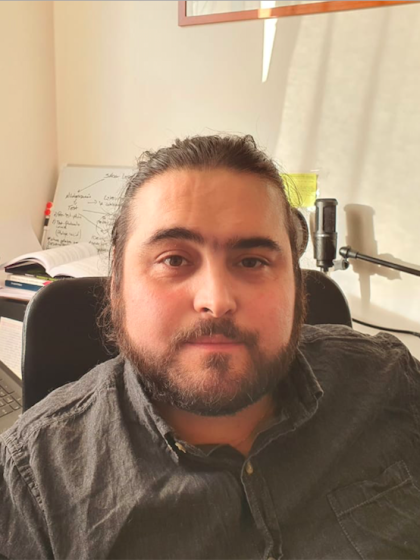
Contact
g.a.albornoz.barra rug.nl
Functie
PhD student
Vakgebied
AI Governance; Human-AI interaction; AI in Military Applications.
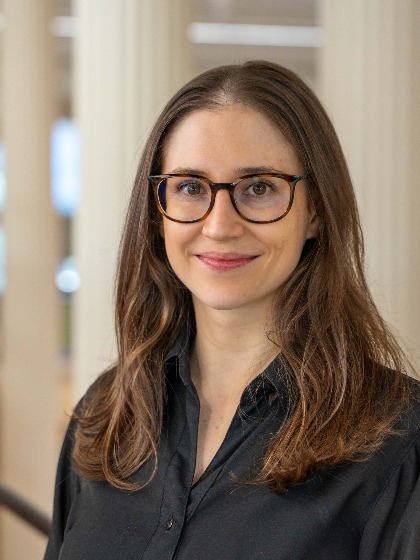
Contact
t.f.blauth rug.nl
Functie
Assistant Professor
Vakgebied
Autonomen en soevereinen
Methodologie van de rechtswetenschap: snijpunten van doctrinair en meta-juridisch onderzoek (i.h.b. rechtsempirie)
Rechtstheorie: soevereiniteit, recht en geweld, fundamenten van het recht
Rechtsgeschiedenis: recht in de mediterrane... lees meer
Methodologie van de rechtswetenschap: snijpunten van doctrinair en meta-juridisch onderzoek (i.h.b. rechtsempirie)
Rechtstheorie: soevereiniteit, recht en geweld, fundamenten van het recht
Rechtsgeschiedenis: recht in de mediterrane... lees meer
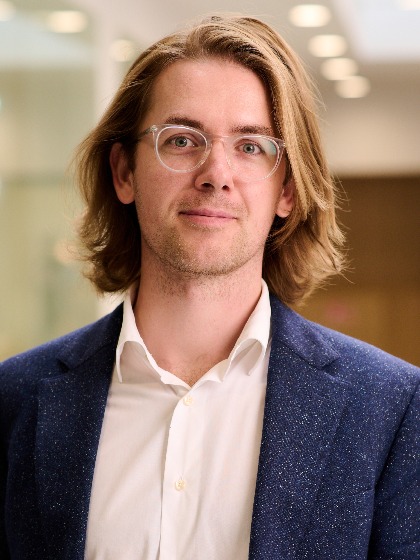
Contact
Functie
Universitair docent Algemene Rechtswetenschap
Vakgebied
Information Policy
Technology Law
Data Protection Law
Cybercrime
Privacy
Security Sciences
Internet Governance
Privacy, communication technologies and indigenous peoples
Technology Law
Data Protection Law
Cybercrime
Privacy
Security Sciences
Internet Governance
Privacy, communication technologies and indigenous peoples
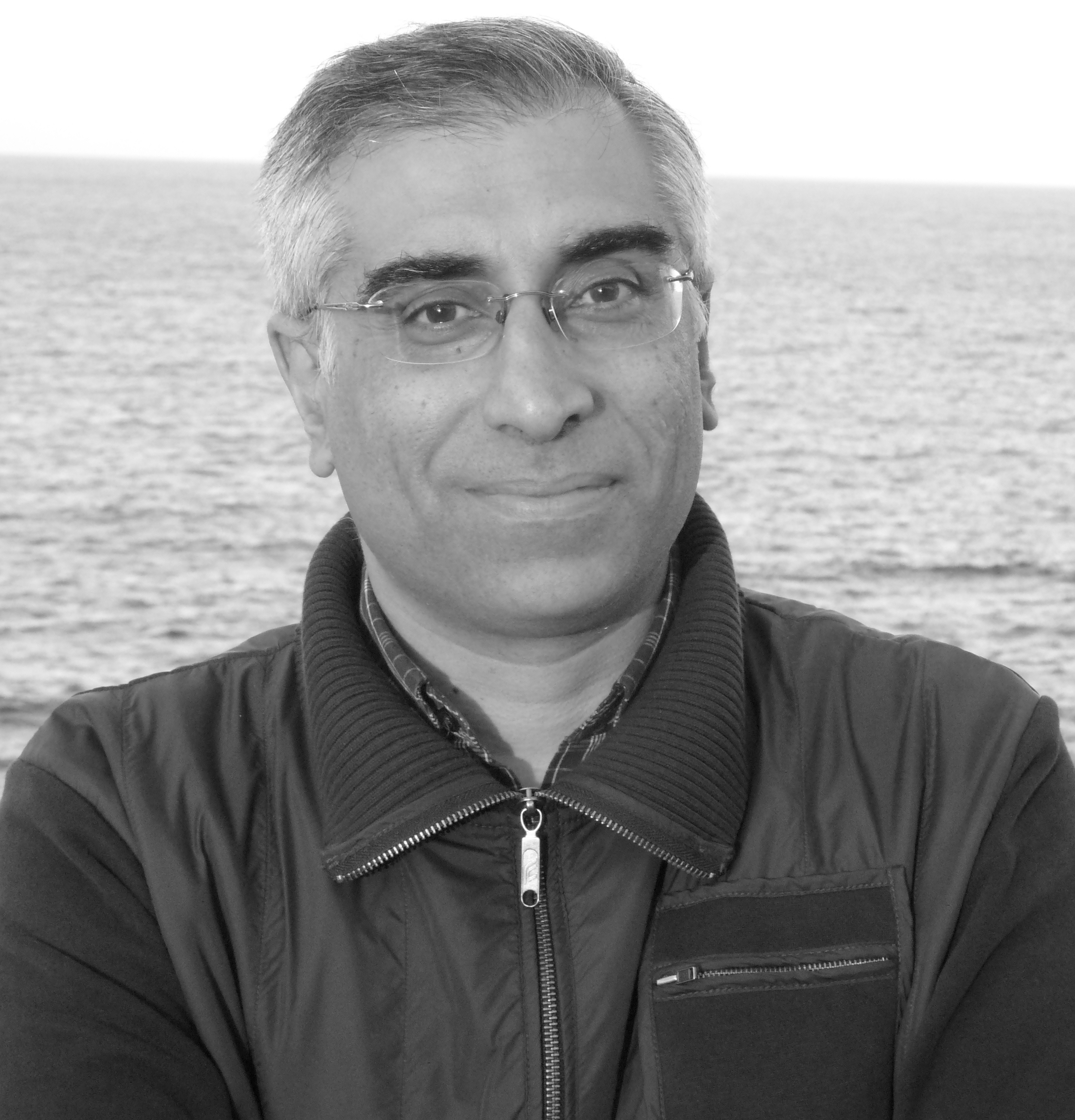
Contact
Functie
Chair in European Information Policy & Technology Law
International Human Rights Law (focus on socio-economic rights), The right to mental health, International Disaster Law/climate disasters & internal displacement, (Mental) health and human rights arguments in climate litigation relating to displacement,... read more
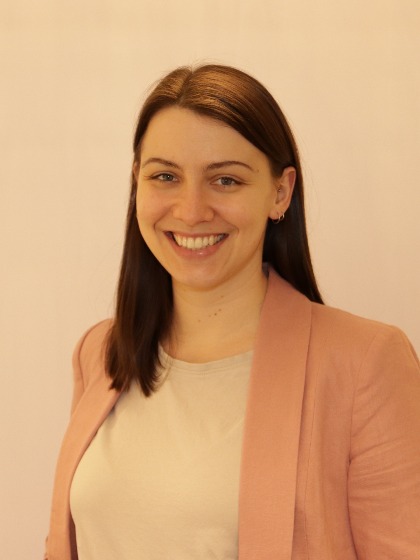
Contact
m.v.c.van.cauwenberghe rug.nl
Functie
Junior Onderzoeker en Docent
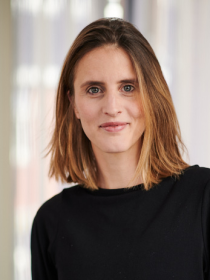
Contact
Functie
Universitair Docent
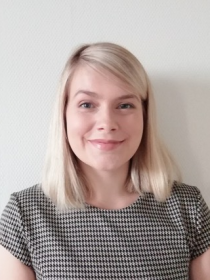
Contact
l.e.elrick rug.nl
Functie
Lecturer/PhD Researcher
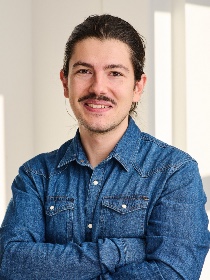
Universitair Docent Recht en Technologie, gespecialiseerd in de juridische en maatschappelijke implicaties van opkomende technologieën, met een sterke focus op consumentenbescherming, algoritmisch bestuur en AI-verantwoordingsplicht. Zij behaalde haar Ph... lees meer
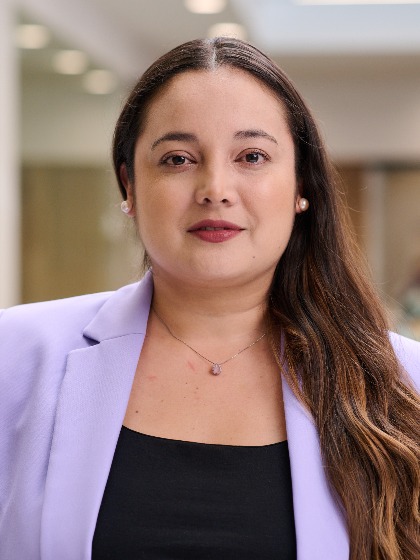
Contact
m.l.florez.rojas rug.nl
Functie
Assistant Professor in Technology Law (STeP)
Vakgebied
Technology and Law, Cyber-Security Regulation, International Business Law, Investment Arbitration, European Law
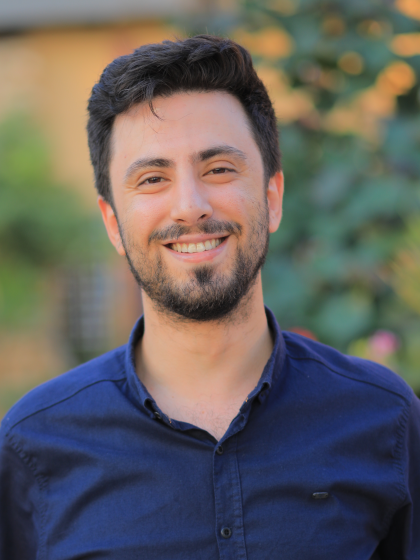
Alberto Godioli is Associate Professor in European Culture and Literature at the University of Groningen, and Programme Director of the Netherlands Research School for Literary Studies (OSL). He obtained his PhD in 2012 from the Scuola Normale Superiore... read more
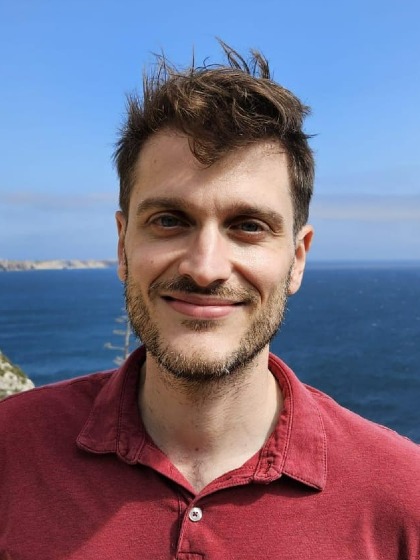
Contact
a.godioli rug.nl
Functie
Associate Professor (with Ius Promovendi)
Ik werk in de Humboldtiaanse traditie, waarin ik inter- en transdisciplinair onderzoek, onderwijs en maatschappelijke impact combineer. Mijn academisch werk en passie zijn gewijd aan het overkoepelende thema ‘Human Dignity in the Digital Age’.
Mijn... lees meer
Mijn... lees meer
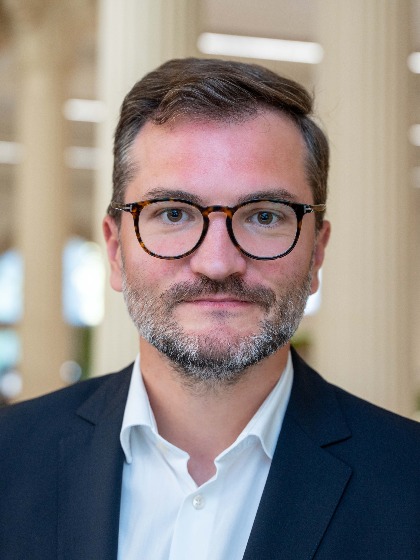
Contact
Functie
Associate Professor 'Human Dignity in the Digital Age'; Programme Director BSc Data Science and Society; Member 'Alliance for Digital Autonomy'
Luisa F. Isaza-Ibarra is a PhD researcher on free speech and humour at the University of Groningen. She is a lawyer from Universidad Javeriana (Bogota, Colombia) and holds a master's degree in Public Policy from the University of Oxford (Oxford, UK).
For... read more
For... read more
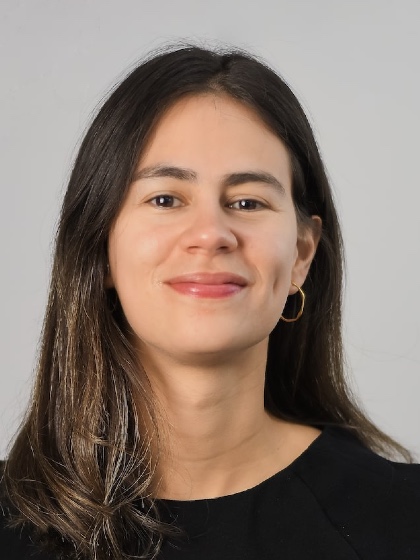
Contact
l.f.isaza.ibarra rug.nl
Functie
PhD researcher
Vakgebied
Biometrics, Fundamental Rights, Data Protection, AI, Deepfakes
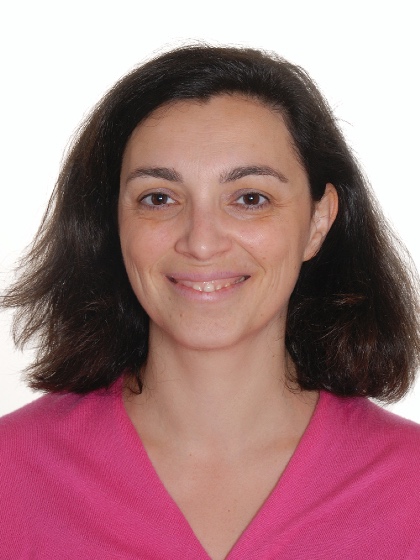
Contact
c.a.jasserand rug.nl
Functie
Assistant Professor
Manolis Kotzampasakis analyzes climate and energy regulations, by combining legal research with interdisciplinary methods and economic insights. His PhD research has focused on the greenhouse gas emissions from international maritime transport and, more... read more
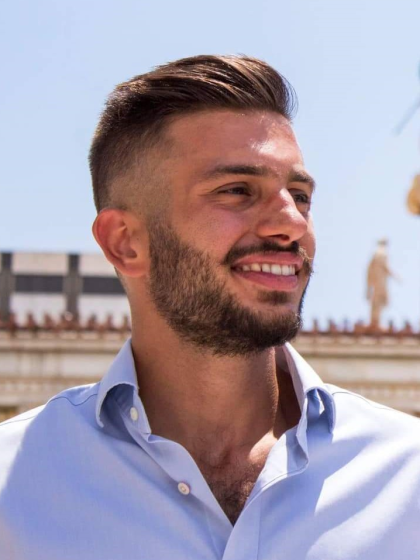
Contact
m.kotzampasakis rug.nl
Functie
Postdoctoraal Onderzoeker
Research: Artificial intelligence, business and human rights; International human rights law; Law and governance; Horizontal effect of international human rights law
Teaching: Public international law; International human rights law; Legal English
Teaching: Public international law; International human rights law; Legal English
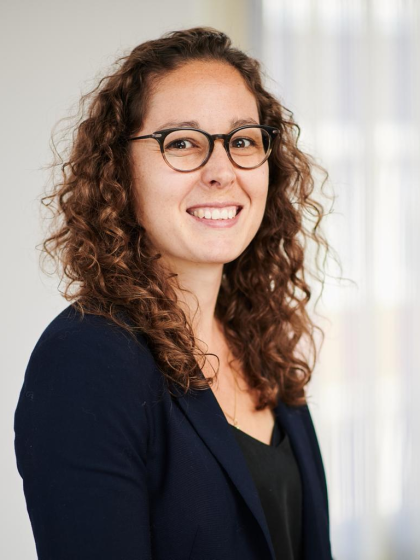
Contact
c.l.lane rug.nl
Functie
Assistant Professor of Public International Law
Data Protection Law, Energy law, Energy Communties, Energy Data Sharing and Energy Dataspaces
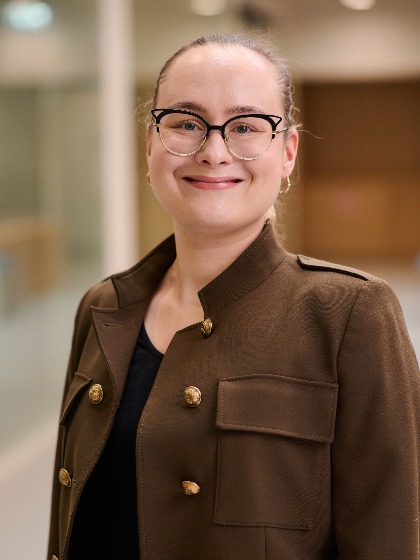
Project management van EU-gesubsideerde projecten
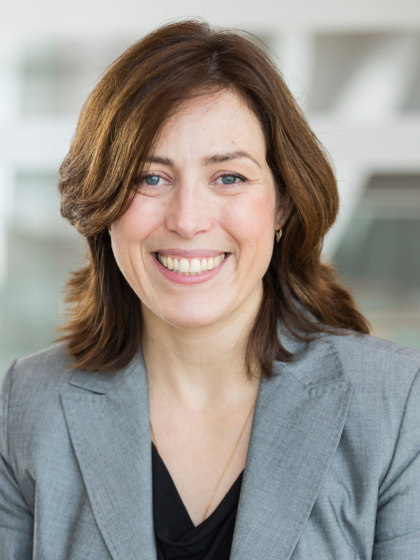
Contact
Functie
EU Projects Manager
Vakgebied
I specialise in law, public policy, and politics. My academic focus is on digital transition and the translation of internationally created norms into governance practices at the local levels. I work on both climate transitions (with a focus on human... lees meer
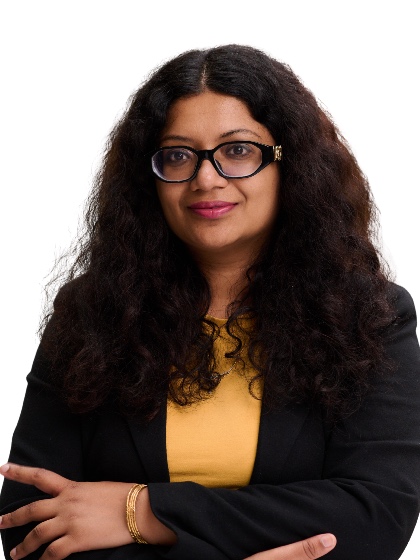
Contact
r.manuvie rug.nl
Functie
Assistant Professor
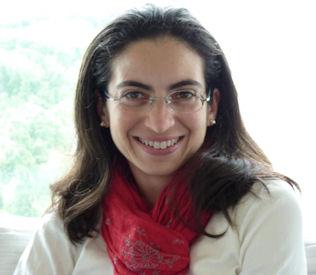
Contact
Functie
Hoogleraar Europees technologierecht en de rechten van de mens
Vakgebied
Werkplek surveillance, Mensenrechten en arbeidsrecht, Arbeidsverhoudingen, Privacywetgeving, Gegevensbescherming
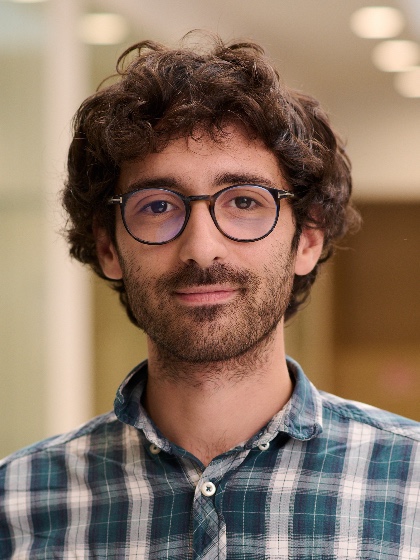
Contact
m.mole rug.nl
Functie
Researcher
IT-recht, privacy en gegevensbescherming, cybersecurity, telecommunicatierecht, internationaal/Europees recht, mensenrechten, humanitair recht, staatsaansprakelijkheid, private militaire en veiligheidsbedrijven.
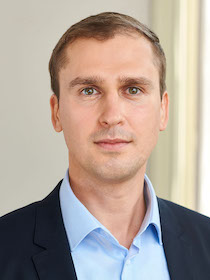
Contact
Functie
Universitair hoofddocent
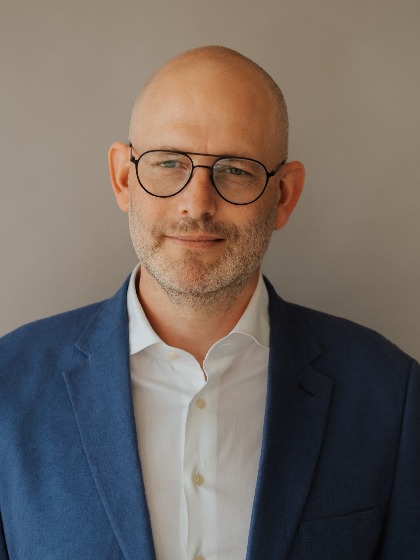
Contact
j.odermatt rug.nl
Functie
Gasthoogleraar
Dr. Mathieu Paapst works (part-time) as an assistant professor Law and IT at the University of Groningen. He is interested in the legal, ethical and sociological aspects of the information society. He graduated with a Master’s degree on Law and IT and he... lees meer
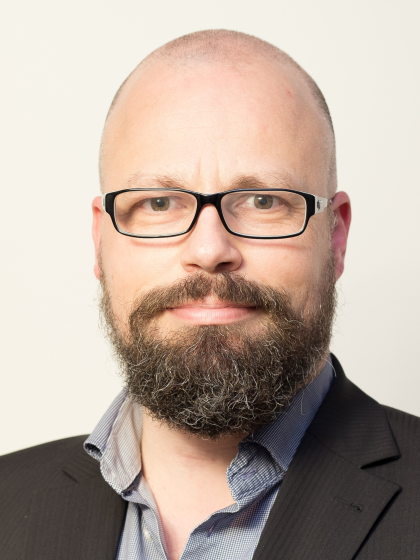
Contact
Functie
Universitair docent Recht en ICT
Data protection, civil liability for non-material damage, European law, international human rights law, criminal law
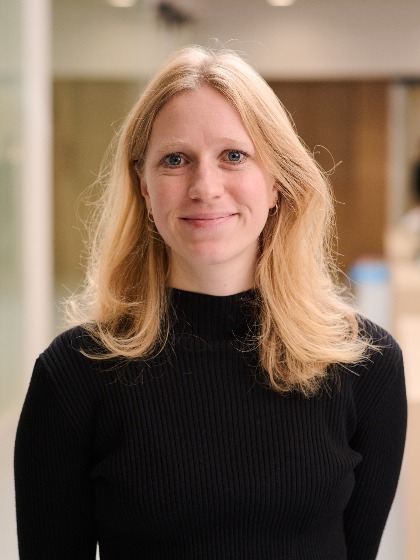
Contact
s.salziger rug.nl
Functie
PhD Candidate
Energy Law and Policy, Law of the Sea, Offshore Wind, International Dispute Resolution
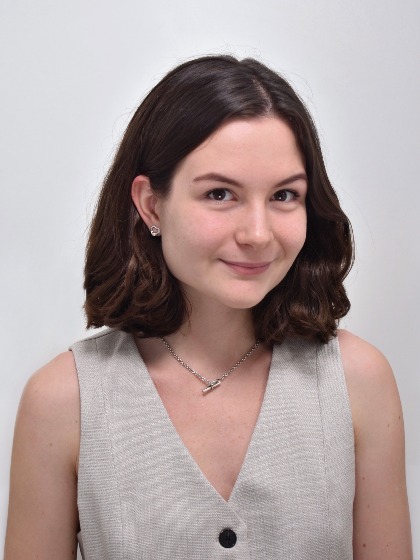
Contact
y.sergeeva rug.nl
Functie
Phd Researcher
Human rights
Digital forensics
Technology law
Data protection
Digital forensics
Technology law
Data protection
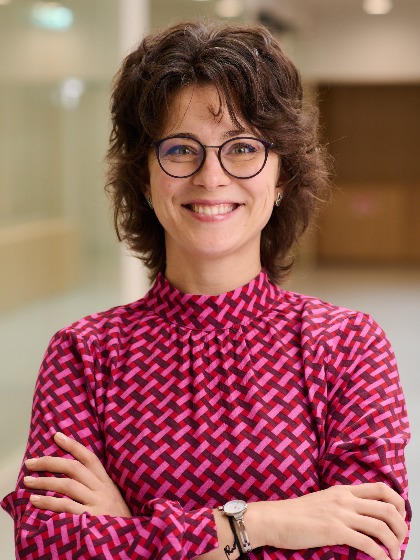
Contact
r.stoykova rug.nl
Functie
Assistant Professor
Business law; Climate law and economics; Emissions trading; Linking emissions trading systems
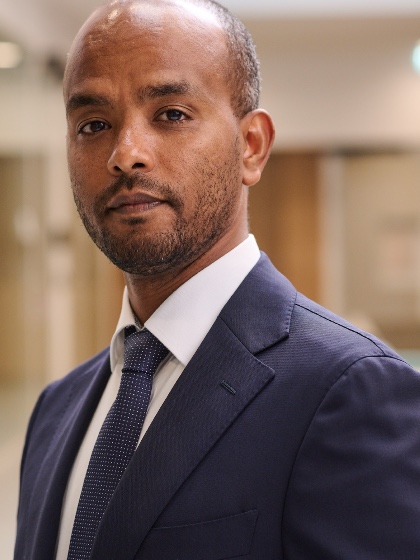
Contact
Functie
Universitair Docent
Vakgebied
International human rights law, Inter-American System of Human Rights, collective rights, environmental human rights
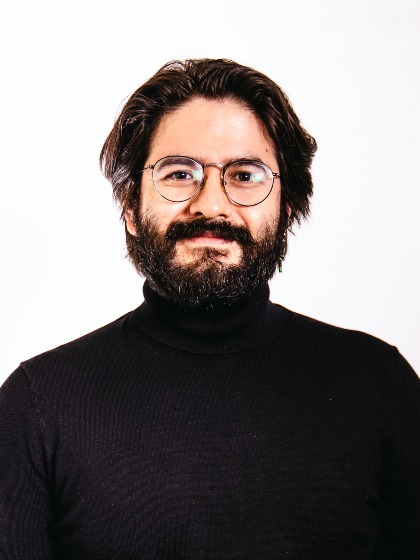
Contact
p.a.trincado.vera rug.nl
Functie
PhD Candidate Transboundary Legal Studies
In het bijzonder:
- Culturele rechten
- Rechten van inheemse volkeren
- De teruggave/repatriëring van cultureel erfgoed met een koloniale achtergrond
- Cultureel erfgoed/kunstrecht (in het bijzonder UNESCO-verdragen en vergelijkende perspectieven op... lees meer
- Culturele rechten
- Rechten van inheemse volkeren
- De teruggave/repatriëring van cultureel erfgoed met een koloniale achtergrond
- Cultureel erfgoed/kunstrecht (in het bijzonder UNESCO-verdragen en vergelijkende perspectieven op... lees meer
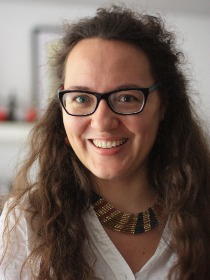
Contact
Functie
Universitair docent
Regelgeving inzake kunstmatige intelligentie; Europees recht; Technologie-recht
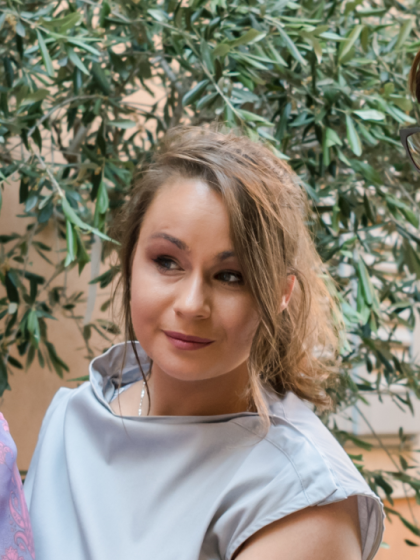
Contact
Functie
Universitair docent - Transparentie, AI
Verkeersrecht, cybersecurity, civiele aansprakelijkheid, verzekering, technologie en recht. Rechtsvergelijkend onderzoek.
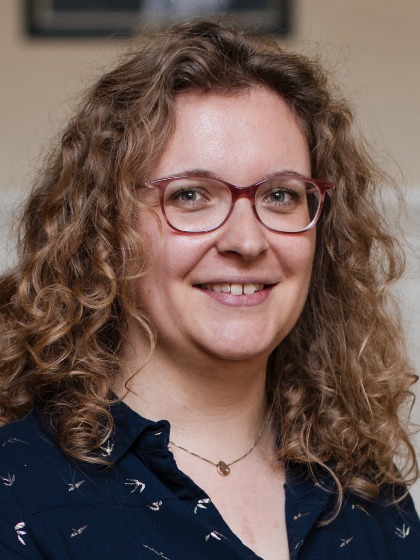
Contact
Functie
Senior onderzoeker
Vakgebied
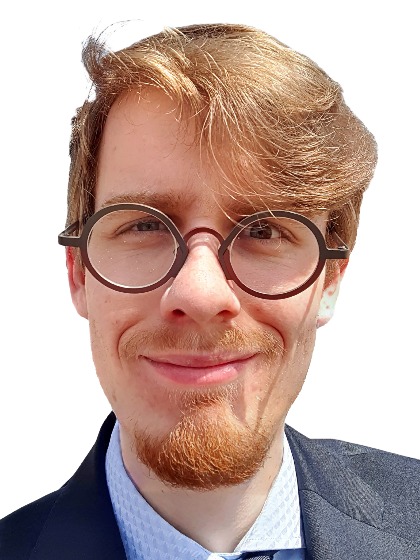
Contact
g.m.de.vries rug.nl
Functie
Promovendus
Data protection, Technology Law and Administrative Law

Contact
m.a.warthon.ocsa rug.nl
Functie
PhD candidate
IT-recht: kunstmatige intelligentie (i.h.b. menselijk toezicht), juridische kennissystemen, platformen (i.h.b. contentmoderatie).
Privaatrecht: circulaire verdienmodellen, consumentenrecht (i.h.b. geplande veroudering).
Onderwijsvernieuwing: active... lees meer
Privaatrecht: circulaire verdienmodellen, consumentenrecht (i.h.b. geplande veroudering).
Onderwijsvernieuwing: active... lees meer
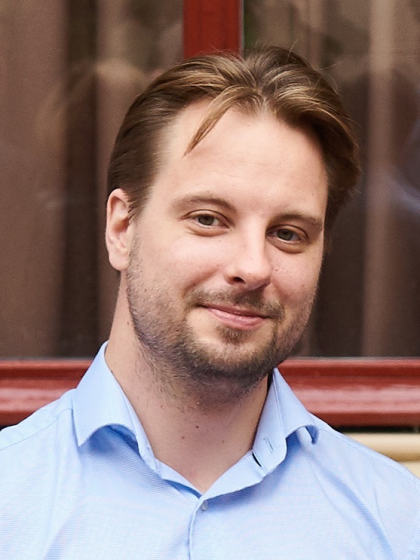
Contact
Functie
Universitair docent
View this page in: English
